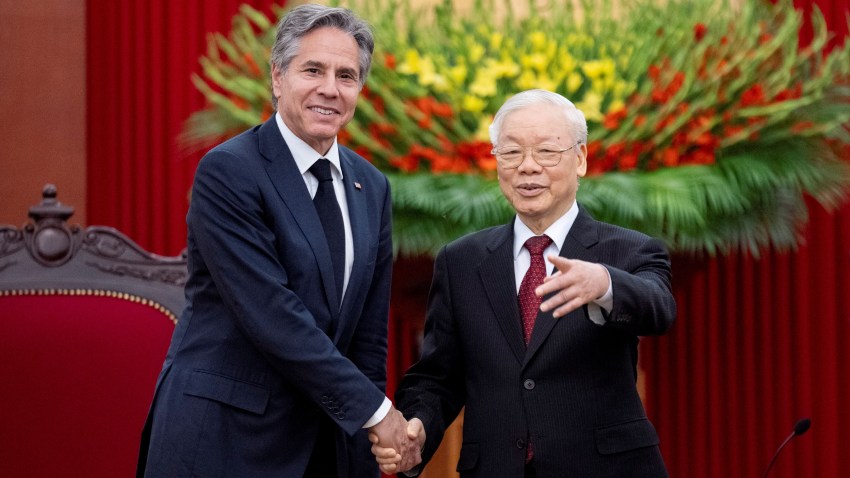The war in Ukraine has served as the geopolitical equivalent of an X-ray machine, revealing a range of dynamics that currently characterize the international system. The conflict has demonstrated the depth of solidarity among the U.S. and it trans-Atlantic allies, which quickly mobilized comprehensive sanctions against Russia while arming Ukraine with state-of-the-art weaponry. It has also exposed the limits of China’s willingness to fully consummate its “no-limits partnership” with Russia, with Beijing providing Moscow with diplomatic and especially economic cover, while insisting on its “neutrality” in the war to appease Europe.
Crucially, the crisis has also made clear the preference among many postcolonial states of the Global South for conducting foreign policies based on what can be called multi-alignment. India, for instance, has unabashedly championed this approach in justifying its refusal to align with fellow democracies against Moscow, a top defense partner and major source of energy; to the contrary, new Delhi has ramped up its purchase of deeply discounted Russian oil since the beginning of the full-scale invasion of Ukraine.
Similarly, the war in Ukraine has been particularly disruptive for Vietnam. Hanoi has been heavily dependent on Russian weapons systems for its decades-long military modernization program. At the same time, Vietnam has also courted closer security ties with the U.S. and Europe, amid booming trade relations over the past decade. This approach has paid off in recent years, as both Russia and the West have proved to be crucial partners for Vietnam with regard to growing tensions with China in the South China Sea. But even as Hanoi keeps a wary eye on China, it seeks to push back against Beijing’s newfound assertiveness without jeopardizing lucrative economic ties or risking conflict with its neighbor.

